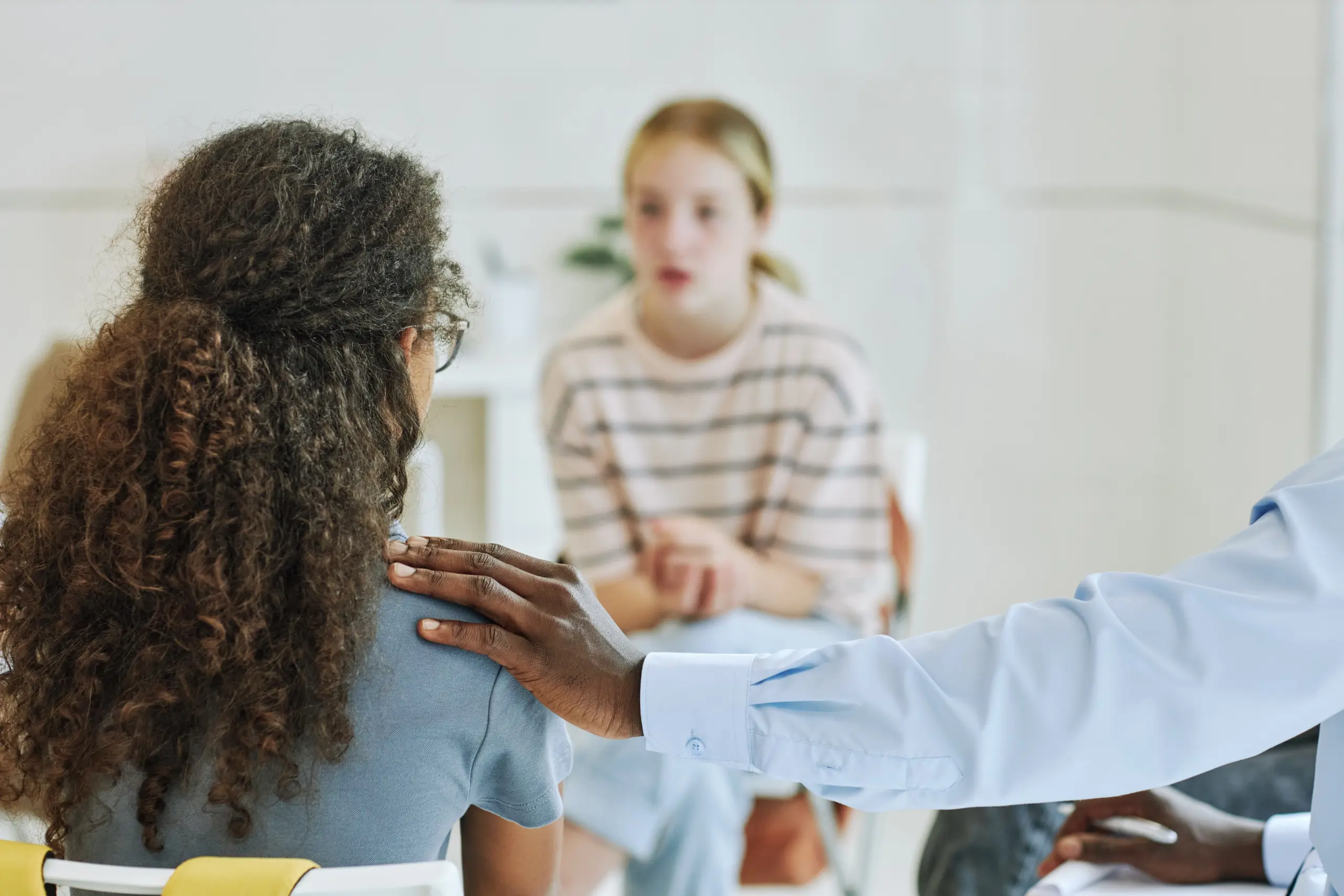This article explores how to navigate romantic relationships while in recovery, emphasizing boundaries, balance, communication, and emotional safety.
- Relationships feel different in recovery
- Keeping recovery the priority
- Pace, timing, and distractions
- Honest communication and boundaries
- Support vs. pressure in a partner
- Mixed emotions and going slow
- Codependency and healthy balance
- Boundaries, choice, and walking away
- When relationships support recovery
- Putting your recovery first
Relationships Feel Different in Recovery
Romantic relationships can feel exciting, comforting, confusing, and stressful all at once. When you’re in recovery, those emotions can hit even harder. You’re learning new habits, trying to stay grounded, and figuring out who you are without the chaos that used to follow you. Adding a relationship on top of that can be a lot, but it’s not impossible. It just takes more awareness and honesty than most people are used to.
Keeping Recovery the Priority
The first thing to remember is that recovery asks a lot from you. You’re rebuilding trust with yourself, rebuilding routines, and trying to keep your mind steady. A relationship needs attention too, but it shouldn’t pull you away from your recovery plan. If you feel like you’re slipping into old patterns just to keep someone happy, that’s usually a sign to slow down.
Pace, Timing, and Distractions
It also helps to know what pace works for you. Some people jump into relationships hoping they’ll feel less lonely. Others stay away from dating because they’re scared of messing up. There’s no perfect timing, but there is such a thing as “too fast.” If you’re using the relationship as a distraction from your own work, it usually backfires. Recovery has to be the priority, even when you’re excited about someone.
Honest Communication and Boundaries
Communication matters a lot more when you’re in recovery. You don’t have to share everything, but being honest about what you’re dealing with makes the relationship healthier. Letting someone know your boundaries or your triggers doesn’t make you needy. It makes you responsible. It also helps your partner understand why you might need space, routine, structure, or support on tough days.
Support vs. Pressure in a Partner
A good partner won’t pressure you into situations that make you uncomfortable. They won’t push drinking, partying, or anything that risks your stability. Someone who cares will respect your choices, even if they don’t fully get them. That’s something to pay attention to early on: does this person support your recovery or make it harder? The answer usually shows up in small moments.
Mixed Emotions and Going Slow
It’s also normal to have mixed emotions. Recovery can bring up insecurity, fear of rejection, or worry about not being “ready.” These feelings don’t mean you shouldn’t date. They just mean you’re human. Taking things slowly helps you learn how to show up in a relationship without losing sight of yourself.
Codependency and Healthy Balance
One thing to watch out for is codependency. When you’re healing, it’s easy to lean too hard on someone else or mistake intensity for connection. A healthy relationship should add to your life, not become your entire foundation. If you notice you’re depending on the other person to regulate your emotions or keep you stable, it’s worth stepping back and checking in with yourself or your support network.
Boundaries, Choice, and Walking Away
Recovery also teaches you a lot about boundaries. You learn how to say no, how to protect your peace, and how to walk away from situations that aren’t good for you. These skills are useful in dating. You don’t have to accept behavior that makes you feel anxious or unsure. You get to choose what’s okay and what’s not.
When Relationships Support Recovery
There’s something else worth mentioning: relationships can actually support your recovery when they’re healthy. Having someone you trust, someone who listens, someone who respects the work you’re doing — that can make you feel stronger, not weaker. The key is making sure you’re not expecting the relationship to “fix” anything. Healing still has to come from you.
Putting Your Recovery First
At the end of the day, navigating relationships in recovery is about balance. You’re allowed to love someone and still put your recovery first. You’re allowed to take things slowly. You’re allowed to pause dating if it feels like too much. What matters is that you stay honest with yourself and keep choosing what keeps you steady.
If a relationship fits into that, it can grow. If it doesn’t, it’s okay to let it go. You’re not falling behind. You’re protecting the life you’re building — and that’s something to be proud of.
If you’re looking for support while you figure out relationships and recovery, you can learn more about programs and care at Casa Leona Recovery.
For additional information on healthy relationships in recovery, resources from SAMHSA can also be helpful.

